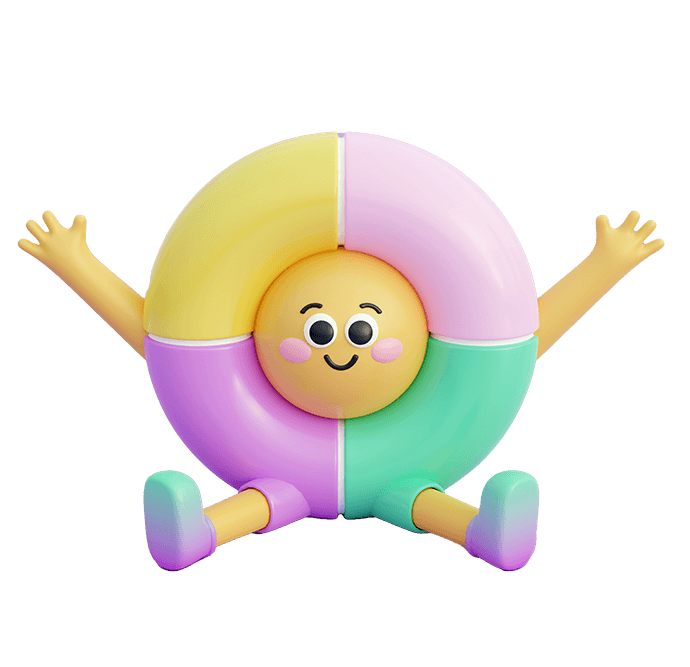Plushies—those soft, cuddly companions—are often seen as simple toys, but can they really help with something as complex as depression? In recent years, many people have turned to plushies for emotional support, seeking comfort in their softness during difficult times. This raises a compelling question: do plushies help with depression, or are they just sentimental objects? Research suggests that plushies can provide real emotional benefits, including stress relief and a sense of companionship, though they are most effective as part of a broader mental health strategy.
Imagine Sarah, who, after a tough day battling anxiety and sadness, finds solace hugging her favorite plush bunny. That small, soft friend offers more than just warmth—it provides a tangible reminder that she’s not alone. If you’ve ever wondered whether plushies can support mental wellness or if they’re just childhood keepsakes, keep reading. We’re going to unpack the science, the stories, and the subtle differences that make plushies more than just toys.
1. What Psychological Benefits Can Plushies Provide for People with Depression?

Plushies offer emotional comfort by providing tactile stimulation, reducing feelings of loneliness, and triggering nostalgic memories that can elevate mood.
- Tactile Comfort: The Power of Touch Holding a plushie stimulates the release of oxytocin, a hormone linked to bonding and stress reduction. This physical sensation can calm anxiety and depressive symptoms temporarily.
- Reducing Loneliness and Providing Companionship Plushies serve as symbolic friends, giving a sense of presence that can alleviate feelings of isolation, especially for those living alone or in stressful environments.
- Nostalgia and Emotional Anchoring Many adults keep plushies from childhood, linking them to positive memories and emotional security. This connection can help stabilize mood during depressive episodes.
- Placebo and Emotional Association Effects Even if no direct physiological effect occurs, the comfort associated with plushies can create a positive feedback loop, promoting emotional well-being.
- Psychological Safety and Expression Plushies can act as “safe objects” allowing people to express feelings without judgment, which is beneficial in emotional regulation and healing. Psychological Benefit Description Impact on Depression Management Tactile Comfort Holding plushies releases oxytocin, reducing stress and anxiety temporarily. Calms depressive symptoms through physical touch. Reducing Loneliness Plushies provide symbolic companionship, alleviating feelings of isolation. Offers emotional presence and reduces loneliness. Nostalgia and Emotional Anchoring Connection to childhood plushies triggers positive memories and emotional security. Stabilizes mood during depressive episodes. Placebo and Emotional Association Comfort from plushies promotes a positive feedback loop even without direct physiological effects. Enhances overall emotional well-being. Psychological Safety and Expression Acts as “safe objects” allowing non-judgmental emotional expression. Aids emotional regulation and healing.
| Psychological Benefit | Описание | Impact on Depression Management |
|---|---|---|
| Tactile Comfort | Holding plushies releases oxytocin, reducing stress and anxiety temporarily. | Calms depressive symptoms through physical touch. |
| Reducing Loneliness | Plushies provide symbolic companionship, alleviating feelings of isolation. | Offers emotional presence and reduces loneliness. |
| Nostalgia and Emotional Anchoring | Connection to childhood plushies triggers positive memories and emotional security. | Stabilizes mood during depressive episodes. |
| Placebo and Emotional Association | Comfort from plushies promotes a positive feedback loop even without direct physiological effects. | Enhances overall emotional well-being. |
| Psychological Safety and Expression | Acts as “safe objects” allowing non-judgmental emotional expression. | Aids emotional regulation and healing. |
2. How Do Plushies Compare to Other Comfort Objects or Therapies?
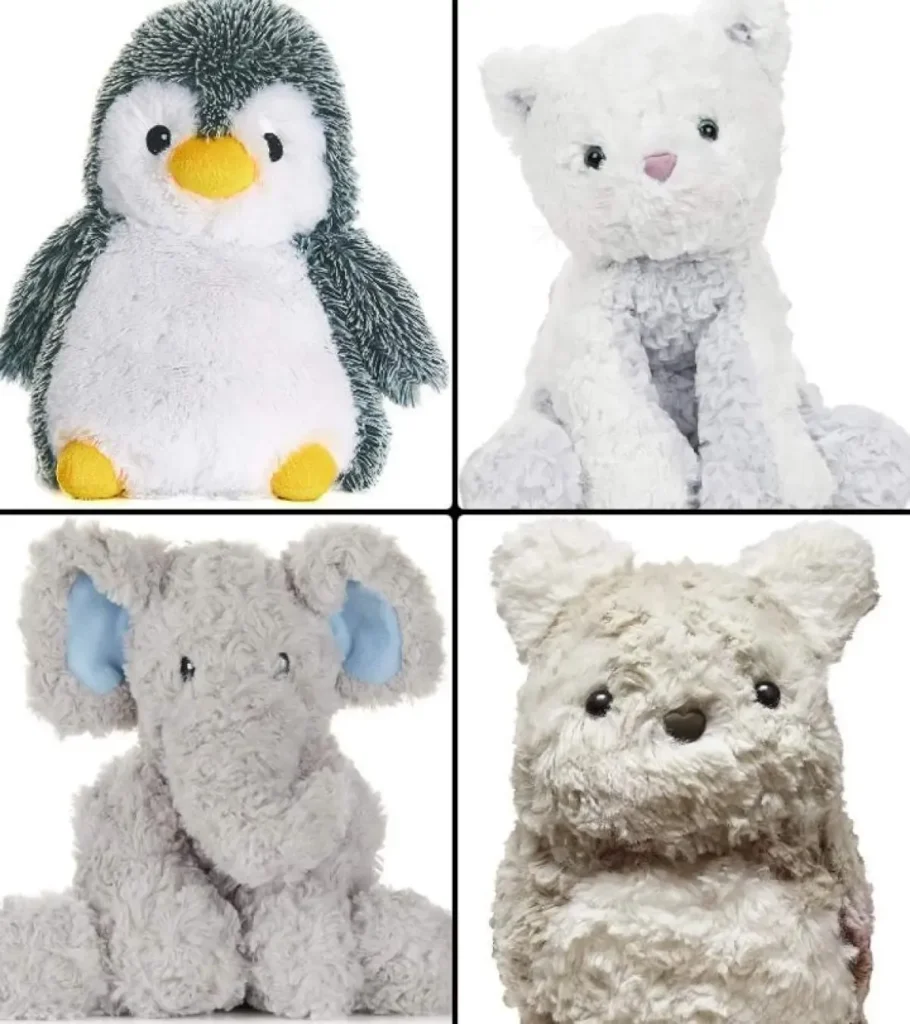
Plushies provide a unique blend of tactile comfort and emotional symbolism, differing from weighted blankets, therapy animals, or traditional therapies.
- Weighted Blankets vs. Plushies Weighted blankets offer deep pressure stimulation which can reduce anxiety; plushies add emotional companionship and tactile interaction.
- Therapy Animals vs. Plushies Animals offer interaction and responsiveness; plushies are low-maintenance and always available but lack reciprocation.
- Traditional Therapy vs. Comfort Objects Plushies complement therapy but do not replace professional treatment. They serve as supplementary tools for coping.
- Digital Comfort Tools Apps and virtual companions provide distraction and interaction; plushies offer physical, tangible presence.
- Cultural and Individual Preferences Comfort objects vary by culture and personality, influencing plushie effectiveness across populations. Comparison Aspect Plushies Other Comfort Objects / Therapies Key Differences Weighted Blankets Provide tactile comfort and emotional companionship Offer deep pressure stimulation to reduce anxiety Plushies add emotional connection; blankets add pressure Therapy Animals Low-maintenance, always available but no response Offer interaction and responsiveness Animals reciprocate; plushies do not Traditional Therapy Supplementary coping tools Professional treatment for depression and anxiety Plushies complement but do not replace therapy Digital Comfort Tools Physical, tangible presence Apps and virtual companions offer distraction Plushies provide real touch; digital tools are virtual Cultural & Individual Preferences Effectiveness varies with culture and personality Varies widely based on individual needs and backgrounds Comfort object choice is subjective
| Сравнительный аспект | Plushies | Other Comfort Objects / Therapies | Key Differences |
|---|---|---|---|
| Weighted Blankets | Provide tactile comfort and emotional companionship | Offer deep pressure stimulation to reduce anxiety | Plushies add emotional connection; blankets add pressure |
| Therapy Animals | Low-maintenance, always available but no response | Offer interaction and responsiveness | Animals reciprocate; plushies do not |
| Traditional Therapy | Supplementary coping tools | Professional treatment for depression and anxiety | Plushies complement but do not replace therapy |
| Digital Comfort Tools | Physical, tangible presence | Apps and virtual companions offer distraction | Plushies provide real touch; digital tools are virtual |
| Cultural & Individual Preferences | Effectiveness varies with culture and personality | Varies widely based on individual needs and backgrounds | Comfort object choice is subjective |
3. Which Types of Plushies Are Most Helpful for Emotional Support?
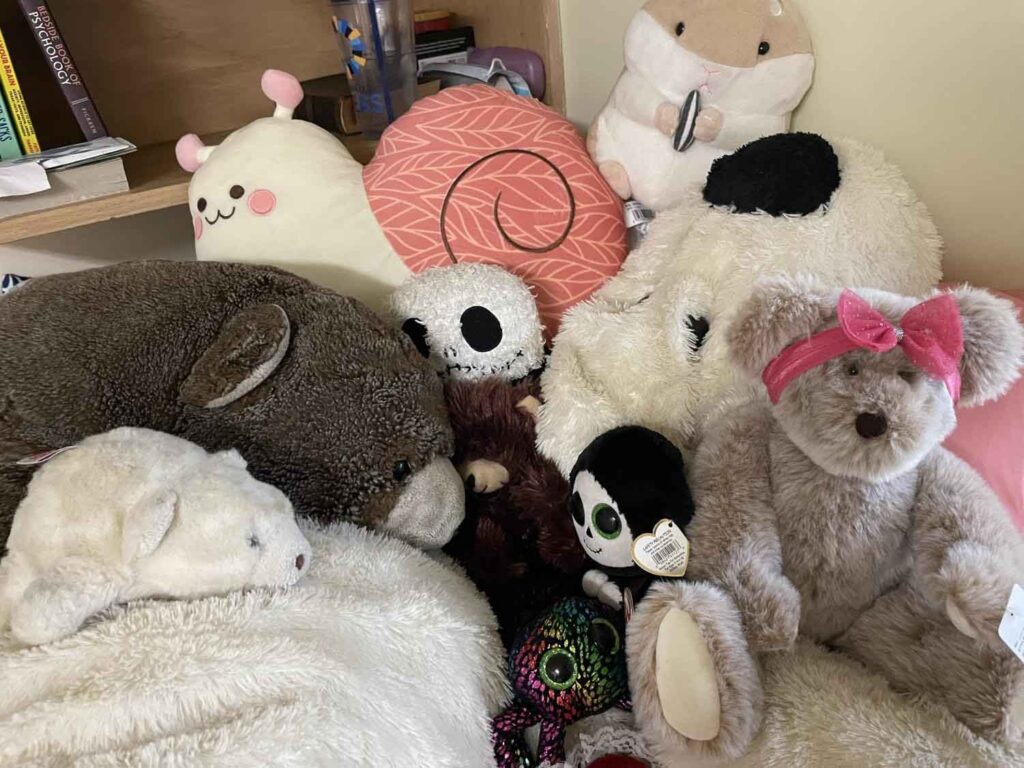
Certain plushie characteristics—such as size, material, and sensory features—can enhance their effectiveness as emotional support tools.
- Size and Weight: Finding the Right Fit Larger plushies can offer more comforting presence, but smaller ones are portable and easier to hold. Weight also contributes to tactile satisfaction.
- Material and Texture Soft, hypoallergenic fabrics like minky or velvet increase tactile pleasure and reduce irritation risk.
- Sensory Plushies Plushies with added features such as weighted beads, aromatherapy inserts, or soothing sounds offer multi-sensory comfort.
- Personalization and Attachment Customized plushies or those gifted by loved ones often carry stronger emotional bonds.
- Age-Appropriateness Designs targeting different age groups can influence comfort level, with some plushies aimed at adults featuring more sophisticated aesthetics.
| Plushie Feature | Выгода | Ideal Use Case |
|---|---|---|
| Large Size | Provides strong comforting presence | At-home relaxation |
| Маленький размер | Easy to carry and hold | On-the-go emotional support |
| Soft Materials | Enhances tactile comfort | Sensitive skin or allergies |
| Weighted Inserts | Adds calming pressure | Anxiety and sensory processing support |
| Aromatherapy Inserts | Adds soothing scents | Stress relief and relaxation |
4. Do Plushies Work for All Age Groups in Managing Depression?
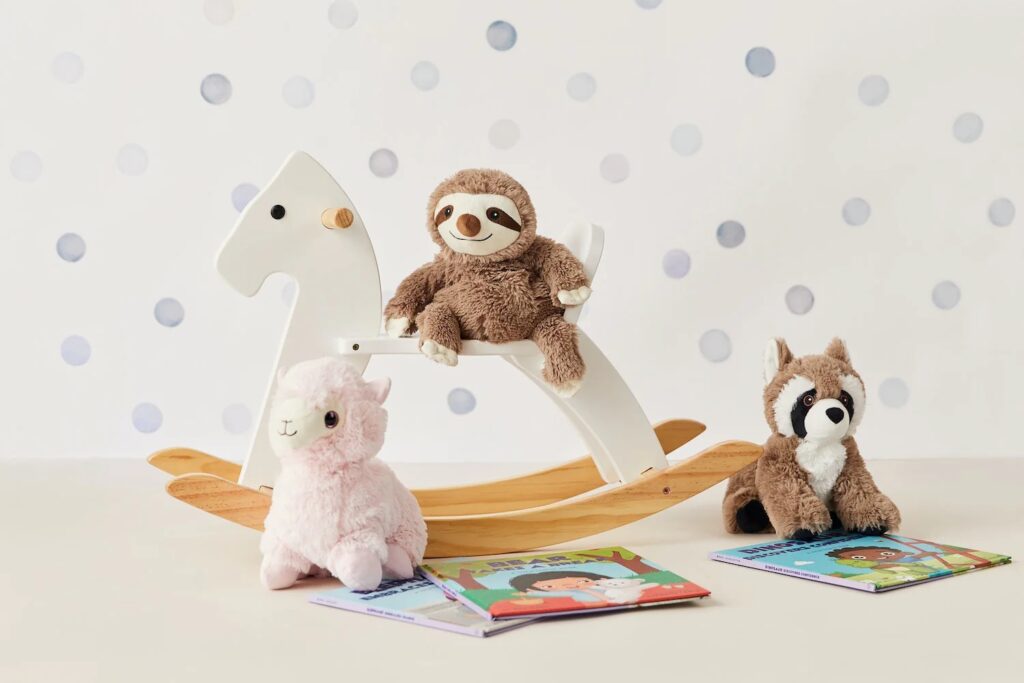
Plushies can benefit children, teens, and adults differently, adapting to developmental and emotional needs across ages.
- Children: Emotional Regulation and Security Plushies help young kids articulate feelings and provide a consistent source of comfort in unfamiliar situations.
- Teenagers: Coping and Identity Teens may use plushies as stress relief and emotional grounding amidst social and academic pressures.
- Adults: Nostalgia and Emotional Support Adults often turn to plushies to reconnect with positive memories or to find solace when professional help is unavailable.
- Elderly: Companionship and Cognitive Support Plushies can reduce loneliness and stimulate memory recall among seniors, particularly those with cognitive decline.
- Clinical Use vs. Informal Comfort Plushies are mostly informal support tools but can be incorporated into therapy plans for all ages. Age Group How Plushies Help Key Benefits Children Aid emotional regulation and provide security Help articulate feelings and offer comfort Teenagers Offer stress relief and emotional grounding Support coping with social and academic pressure Adults Provide nostalgia and emotional support Reconnect with positive memories, offer solace Elderly Reduce loneliness and stimulate cognitive recall Companionship and memory support Clinical Use Mostly informal comfort; can be part of therapy Complement formal treatment across ages
| Age Group | How Plushies Help | Key Benefits |
|---|---|---|
| Children | Aid emotional regulation and provide security | Help articulate feelings and offer comfort |
| Teenagers | Offer stress relief and emotional grounding | Support coping with social and academic pressure |
| Adults | Provide nostalgia and emotional support | Reconnect with positive memories, offer solace |
| Elderly | Reduce loneliness and stimulate cognitive recall | Companionship and memory support |
| Clinical Use | Mostly informal comfort; can be part of therapy | Complement formal treatment across ages |
5. What Are the Limitations and Criticisms of Using Plushies for Depression?
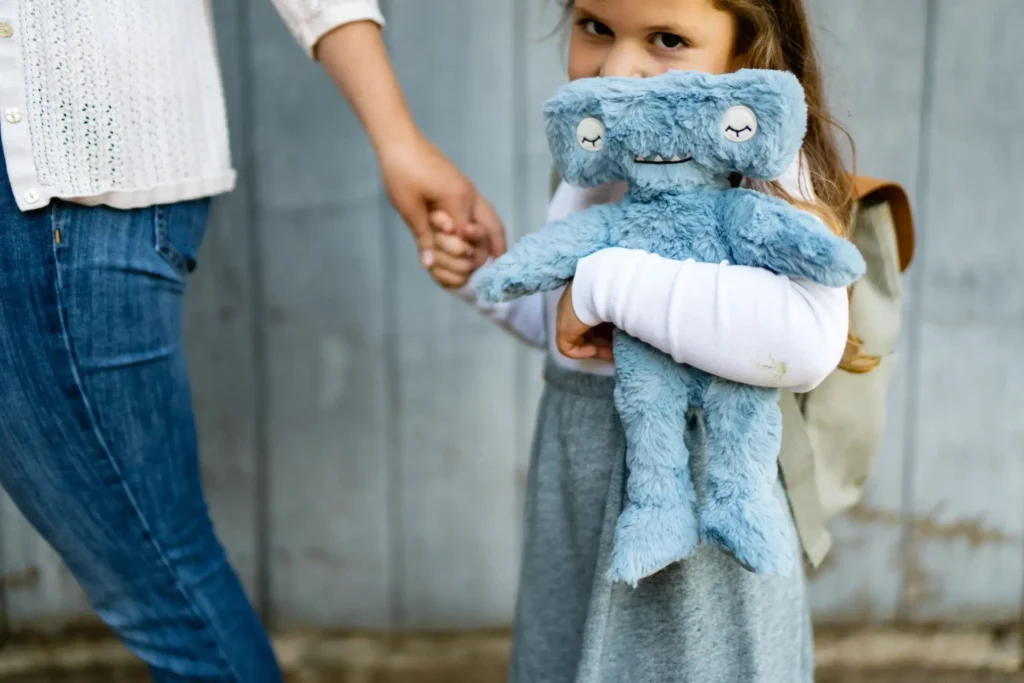
While plushies offer benefits, they are not cures and can sometimes promote avoidance or infantilization.
- Avoidance of Professional Help Over-reliance on plushies might prevent individuals from seeking necessary mental health treatment.
- Stigma and Social Perception Adults using plushies may face misunderstanding or judgment, which can discourage their use.
- Not a Replacement for Therapy or Medication Plushies supplement but cannot replace evidence-based treatments.
- Potential Infantilization Excessive dependence on plushies may reinforce immature coping mechanisms.
- Varying Effectiveness Plushies work better for some individuals than others, depending on personality and context. Limitation/Criticism Description Implications Avoidance of Professional Help Over-reliance on plushies may delay or prevent seeking treatment. Risk of untreated mental health conditions. Stigma and Social Perception Adults using plushies might face judgment or misunderstanding. May discourage their use and emotional expression. Not a Replacement for Therapy or Medication Plushies only supplement, not replace, evidence-based treatments. Essential to pursue professional care alongside plushies. Potential Infantilization Excessive dependence can reinforce immature coping styles. Might hinder development of mature coping skills. Varying Effectiveness Plushie benefits differ by personality and individual context. Not universally effective for all users.
| Limitation/Criticism | Описание | Implications |
|---|---|---|
| Avoidance of Professional Help | Over-reliance on plushies may delay or prevent seeking treatment. | Risk of untreated mental health conditions. |
| Stigma and Social Perception | Adults using plushies might face judgment or misunderstanding. | May discourage their use and emotional expression. |
| Not a Replacement for Therapy or Medication | Plushies only supplement, not replace, evidence-based treatments. | Essential to pursue professional care alongside plushies. |
| Potential Infantilization | Excessive dependence can reinforce immature coping styles. | Might hinder development of mature coping skills. |
| Varying Effectiveness | Plushie benefits differ by personality and individual context. | Not universally effective for all users. |
6. How Can Plushies Be Integrated into a Broader Depression Management Plan?
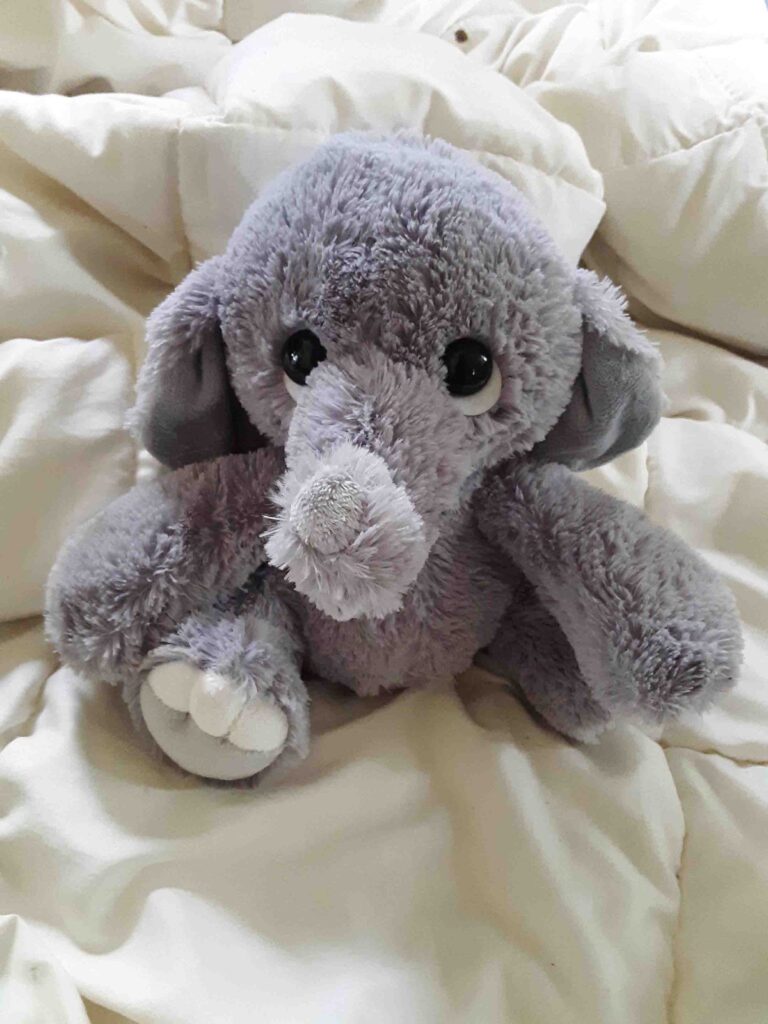
Plushies can complement therapies, lifestyle changes, and medication, serving as part of a holistic approach to mental wellness.
- Use Alongside Therapy Therapists may encourage plushies as tools for emotional grounding during difficult sessions or at home.
- Incorporation in Mindfulness and Relaxation Techniques Holding a plushie during meditation or breathing exercises can enhance focus and calm.
- Creating Emotional Safe Spaces Plushies can personalize spaces where individuals feel secure and supported.
- Supporting Medication Adherence Comfort objects can ease side effects or anxiety related to medication routines.
- Family and Social Support Integration Plushies can facilitate connection and communication among family members and support groups. Integration Aspect Description Benefits Use Alongside Therapy Therapists encourage plushies for emotional grounding Enhances coping during therapy sessions and at home Incorporation in Mindfulness Holding plushies during meditation or breathing exercises Improves focus, calm, and relaxation Creating Emotional Safe Spaces Personalizing spaces with plushies Provides sense of security and emotional support Supporting Medication Adherence Plushies ease side effects and anxiety around medication Promotes consistent medication use and reduces stress Family and Social Support Facilitates communication and connection within families/groups Strengthens support networks and emotional sharing
| Integration Aspect | Описание | Преимущества |
|---|---|---|
| Use Alongside Therapy | Therapists encourage plushies for emotional grounding | Enhances coping during therapy sessions and at home |
| Incorporation in Mindfulness | Holding plushies during meditation or breathing exercises | Improves focus, calm, and relaxation |
| Creating Emotional Safe Spaces | Personalizing spaces with plushies | Provides sense of security and emotional support |
| Supporting Medication Adherence | Plushies ease side effects and anxiety around medication | Promotes consistent medication use and reduces stress |
| Family and Social Support | Facilitates communication and connection within families/groups | Strengthens support networks and emotional sharing |
Заключение
Plushies can indeed play a meaningful role in helping people manage depression by offering tactile comfort, emotional companionship, and psychological safety. While not a replacement for professional treatment, they provide an accessible and comforting tool that complements broader mental health strategies. If you’re looking to customize high-quality, comforting plushies designed specifically for emotional support, Кинвин offers expert development and production services tailored to your needs. Contact Kinwin today to create plush companions that truly make a difference.

